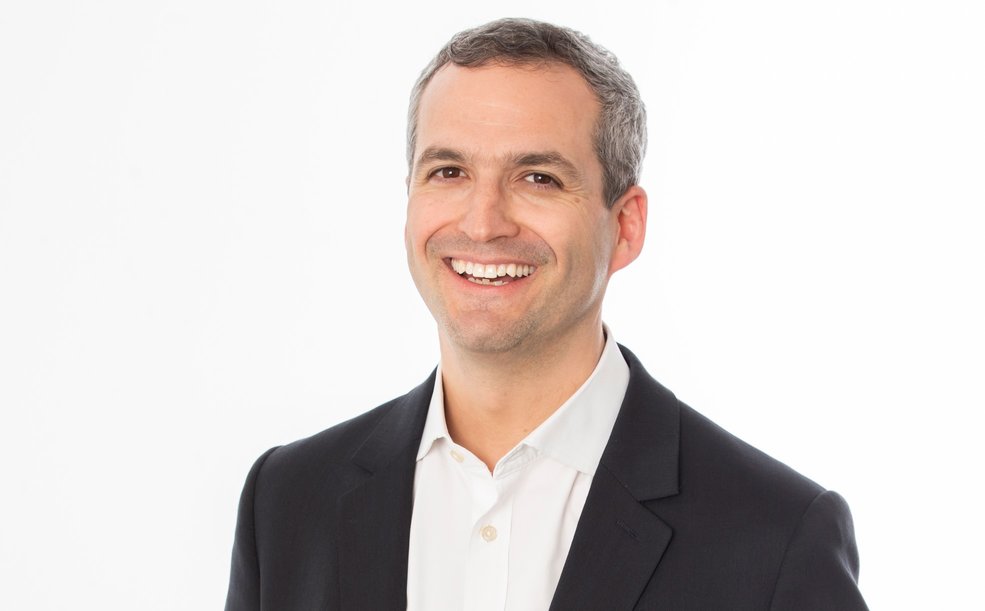Comprised of trillions of microorganisms like bacteria, fungi, viruses and more, your gut microbiome forms a symbiotic relationship with you as its host. This effectively means that — in return for you providing it with the nutrients and habitat to live in — your gut then supports you by keeping you safe from illness and infection.
Maintaining this relationship is vital for maintaining your overall health and wellbeing, with your diet and various other lifestyle choices playing a particularly important role.
“A lot of the things that we do to maintain our health, like exercising and maintaining a healthy diet, help regulate our gut microbes, which is key to keeping your gut happy,” Mr Kinross says.
“This means maintaining a healthy diet that is high in fibre, low in animal fats, low in saturated fats and low in ultra-processed foods. It also means avoiding alcohol and smoking, and prioritising exercise.”
The gut and the brain
Maintaining good gut health is not only important from an immunological point of view, but it can have a significant impact on your mental health as well. This is due to the intricate connection between the gut and the brain, otherwise known as the gut-brain axis.
Through this complicated communication system, the brain and the gut can influence each other’s function, impacting not only the way in which you digest food but also your mood, ability to make decisions and various other cognitive functions.
As such, having poor gut health can lead to issues like inflammation, altered gut-brain signalling and even a reduced production of neurotransmitters — the chemical messengers that carry signals from one neuron to another.
Over time, this can then affect your mental wellbeing and cause conditions like depression, insomnia, anxiety and irritable bowel syndrome (IBS) — a disorder that Mr Kinross is seeing more and more often in younger people at OneWelbeck.
“We get a lot of young people with severe abdominal bloating symptoms related to IBS and other symptoms that haven’t been properly addressed anywhere else.
“We see lots of people in their 20s and 30s where their guts just basically aren’t coping with modern life. The impact of the COVID pandemic has been catastrophic.”

